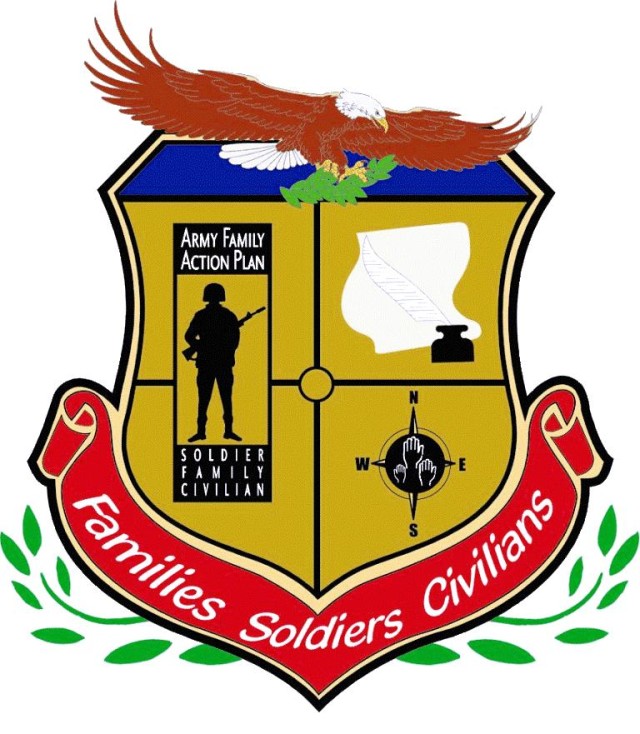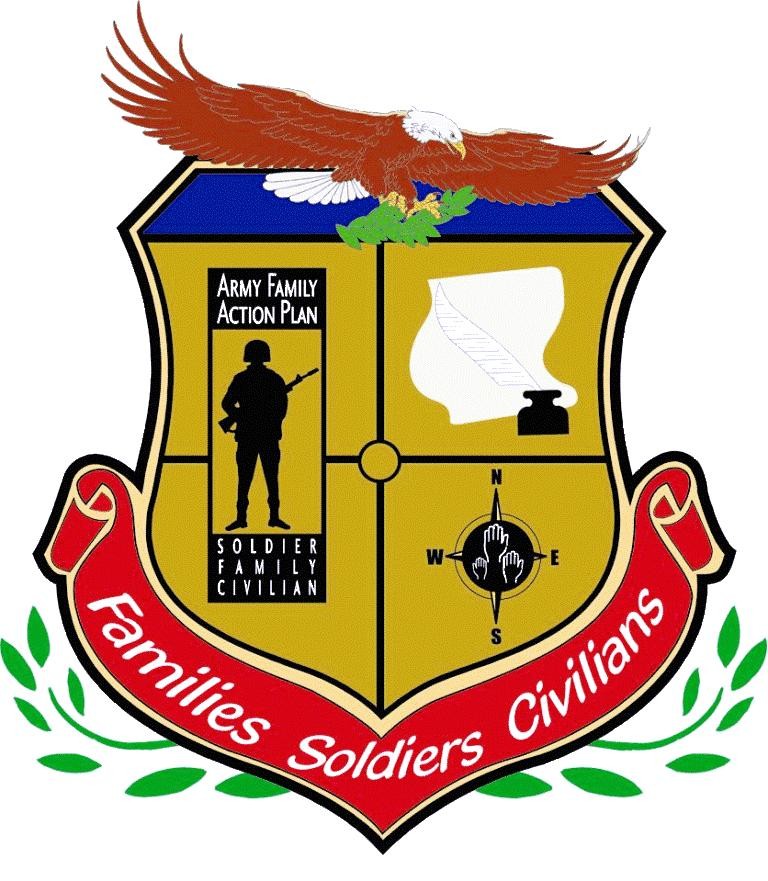ANNISTON ARMY DEPOT, Ala. - The depot's Army Community Service hosted its annual Army Family Action Plan Conference here Feb. 16 and 17 to pore through local quality-of-life issues submitted by Department of the Army civilians, Soldiers, retirees and Families.
Conference working groups - representing the total Army Family - examined 16 issues ranging from childcare fees to retiree fishing privileges. For the three months pre-conference, DA personnel were able to place completed AFAP issue forms in designated drop boxes throughout the depot.
"All of the issues addressed were relative to the quality of life of all of our depot employees," said Cindy Taylor, ACS program manager.
Delegates from each working group presented the top six issues to a panel of depot leaders. Taylor said resolutions to these issues will be published in a future issue of TRACKS.
Depot Commander Col. S. B. Keller said "open dialogue and enthusiastic engagement" were essential in the AFAP process.
Quality of life for ANAD civilians, Soldiers and their Families has been at the top of Keller's priority list since taking command here in August 2007. Since then, 28 restrooms and 17 break rooms in the Nichols Industrial Complex have been renovated and many amenities have been added in the area of Family, Morale, Welfare and Recreation.
One of the issues submitted to the conference this year suggested the addition of a facility in the maintenance area that would house the sale of consumables like lip balm, chewing gum and tissues. "MWR can sell those items, so we're not only looking for a location but for the types of items that could be sold there," said Jim Webb, director of community and family activities. "We need a comprehensive list of consumables to create an inventory list."
When AFAP issues like insurance benefits cannot be addressed at the installation level and need to be sent to higher headquarters, conference officials here send those issues to ACS at Army Materiel Command. However, this year, no issues from ANAD were sent to AMC.
"No issues were elevated to the AMC or DA level, which means all the issues at this conference will ultimately be addressed by Col. Keller," said Taylor.
About 30 Army civilians from ANAD (four of which have been deployed as civilians), one active duty Soldier, three Army Family members, four retired Soldiers and three union representatives participated in the conference.
"It really is an honor to be a part of this process and see how seriously all the delegates take the issues that are brought before the groups," said Debby Noll, program analyst in the depot's Logistics Modernization Program Office. "It shows that we are all family and we want fair and equitable treatment for all our fellow co-workers."
Before the depot had its own ACS and AFAP programs, ANAD was "living off of" the programs at nearby Fort McClellan, the former Army base in Anniston that officially closed in 1999 following the 1995 decision of the Defense Base Realignment and Closure Commission.
Webb said the first group of AFAP issues examined at the depot addressed the need for restrooms in the shop areas. The depot's mentoring program was also born from the AFAP process, he said.
As for the issues affecting present-day depot, Webb encouraged the Army and the depot to look at how our Families are affected by ANAD civilians deploying overseas in support of the combat vehicle and weapon maintenance efforts in Southwest Asia. "We have many civilians who are leaving their Families stateside just as Soldiers are doing," he said.
"We've chosen the best of the best to look at these issues," said Webb.
ANAD talks total Army
Noll said depot employees should never be afraid to bring up issues in an AFAP forum when it affects the welfare for everyone on the installation and possibly for people Armywide.
She said many decisions made through the AFAP process are making a difference for the "whole Army."
Such is the case with the Army's Wounded Warrior Program. AW2, as it's hailed, is the official U.S. Army program assisting "severely wounded, ill, and injured Soldiers, Veterans, and their Families, wherever they are located, for as long as it takes," according to the program's Web site.
ANAD currently has three Veterans employed here through the AW2 program, and Noll said the topic of wounded Soldiers and their transition into the workplace was a "big issue" at the 2009 DA AFAP Conference.
"Our voice is very strong at the depot level," said Noll. "It affects Soldiers and civilians more significantly as the issues go up the AMC and DA levels."
One person who can attest to the impact of AFAP issues on the life of Soldiers and their Families is Nancy Denney, the wife of retired Col. Joel Denney, depot commander from 1991-1993. She was the keynote speaker at the conference kickoff.
She moved 30 times during her husband's 42-year military career and said it was normal that tours of duty allowed for the couple to spend only one out of four consecutive anniversaries together early in their marriage.
"Back then, there was no one to share concerns through (the AFAP) process because there was no AFAP," said Denney.
She also pointed out that, "back then," there was no CNN, no cell phones, no Internet, either. "Just letters that took 13 to 14 days to get to you," she said.
"We knew something had to change, but we didn't know what to do to get that change," said Denney.
But, they got through it, she said.
Before AFAP, she said, Army wives would coordinate meetings and develop organizations to improve their quality of life.
"Joel and I jumped in with both feet," she said.
The Denneys brought their passion for the total Army to ANAD in 1983 when Joel Denney was first assigned to the installation as the executive officer of maintenance.
They left in 1985 and returned to the depot in 1991 when the colonel took command of the installation.
Throughout both of the colonel's tours here, Nancy Denney advocated volunteerism to advance the quality of life for Soliders and civilians on depot.
For instance, she and others camped out in the community activity center (now the Berman-Varner House) during the blizzard of 1993 to provide meals for mission-essential personnel who were "stuck here for three days."
"ANAD was and is the best," said Denney.
She said the opportunities to improve the Army Family through AFAP have never been greater.
However, "it's not the process, it's the passion," she said.


Social Sharing